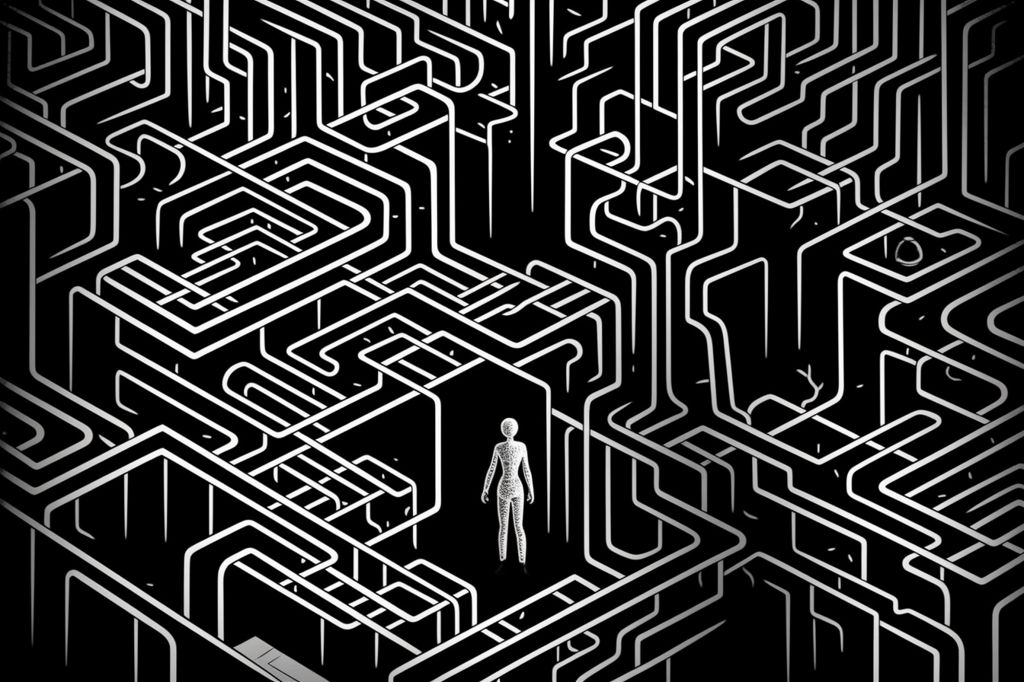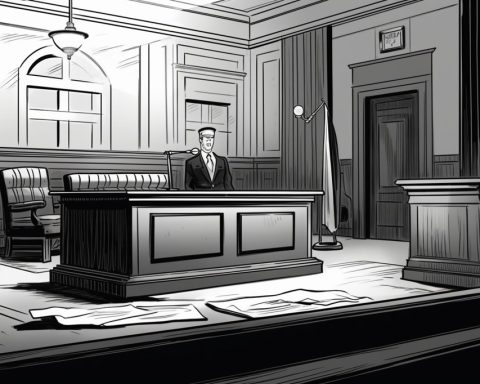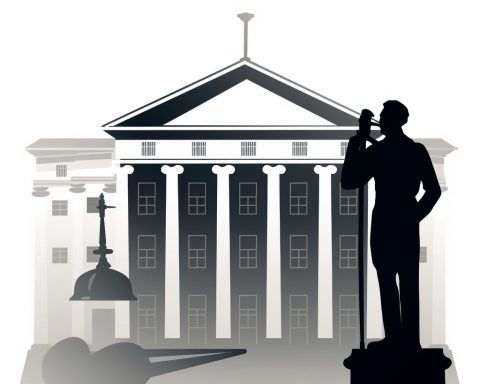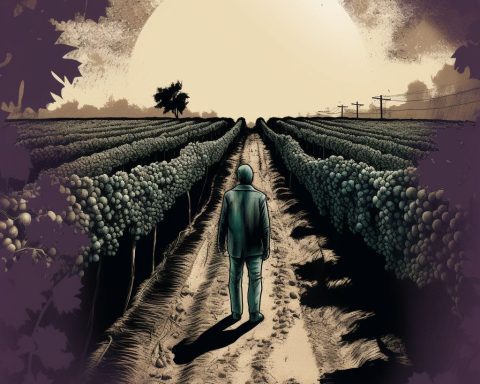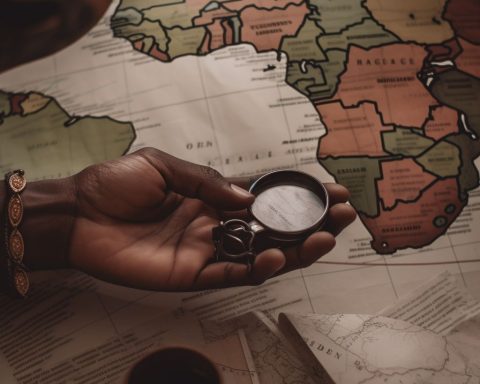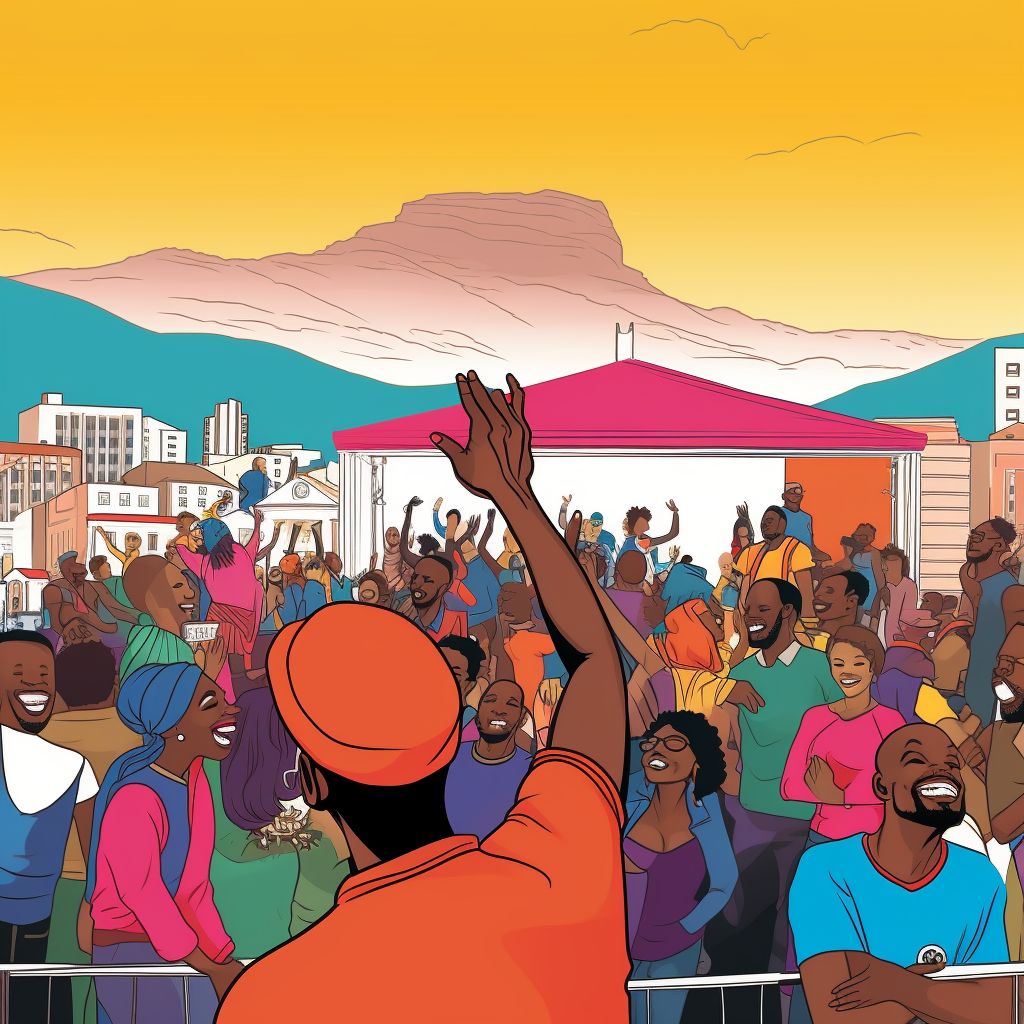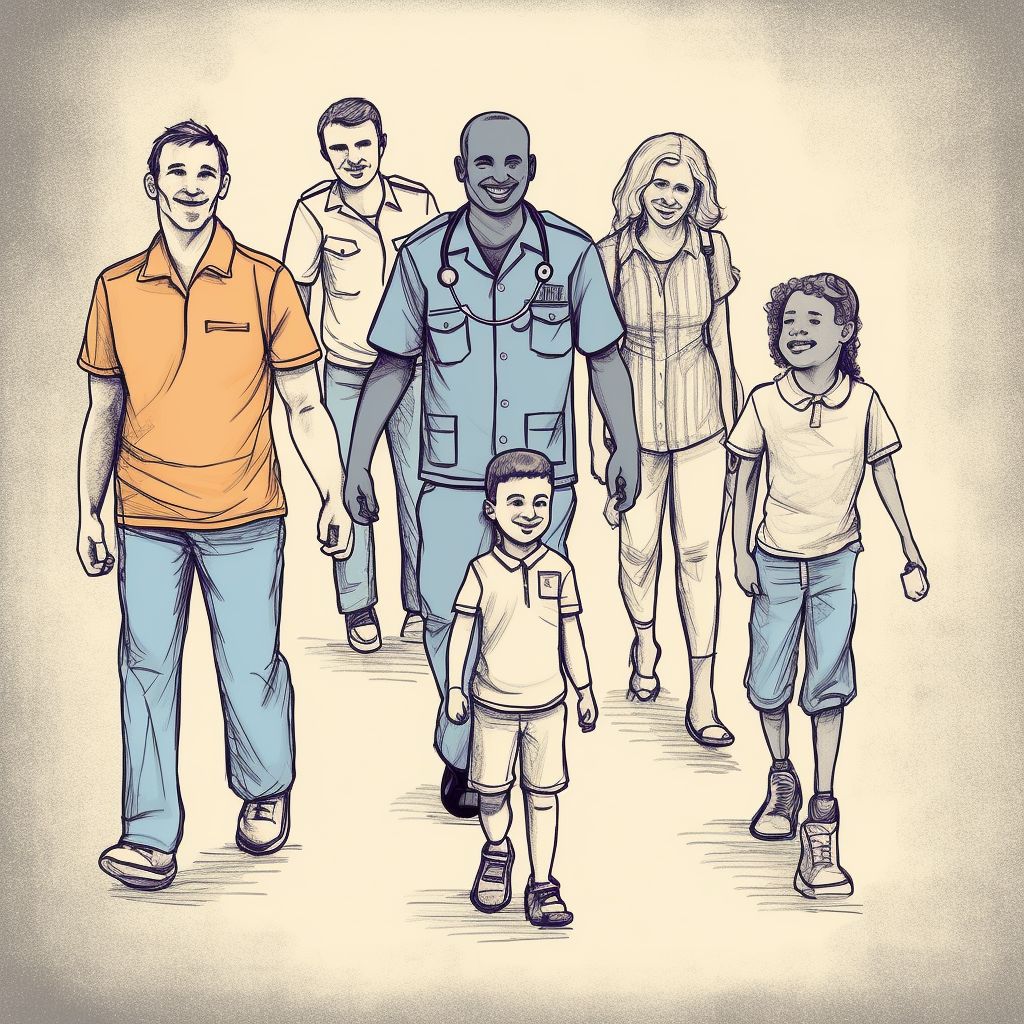The recent arrest of Fulgence Kayishema in South Africa’s Western Cape has caused confusion and controversy amongst his family and friends. Despite being charged by the United Nations International Criminal Tribunal for Rwanda in 2001, Kayishema had evaded authorities for over twenty years until his recent arrest in Paarl.
Accusations of Mistaken Identity
Kayishema’s family and friends claim that the South African police have apprehended the wrong person. Joseph Habinshuti, a family friend, argues that Kayishema shares the same surname as the former Premier of Kibuye, also named Kayishema, leading to confusion. Habinshuti also recalls the mistaken arrest of Kayishema Clement in 2006, who authorities refused to release, despite acknowledging their error.
The Charges Against Kayishema
Kayishema faces charges of crimes against humanity, including orchestrating the murder of 2,000 men, women, and children at a Rwandan church during the genocide. At the time of his arrest, he was living under the false identity of Donatien Nibashumba on a grape farm in Paarl. Kayishema also faces charges of identity fraud committed during his time in South Africa.
The Importance of Justice and Identification
The case of Fulgence Kayishema highlights the challenges of law enforcement in apprehending fugitives and ensuring that they have the right individual. The international community must prioritize justice and accountability for crimes against humanity, while also being careful to avoid mistaken identity. In the coming weeks, the court proceedings will reveal whether the authorities have captured the elusive Rwandan genocide mastermind or an unfortunate victim of misidentification.

